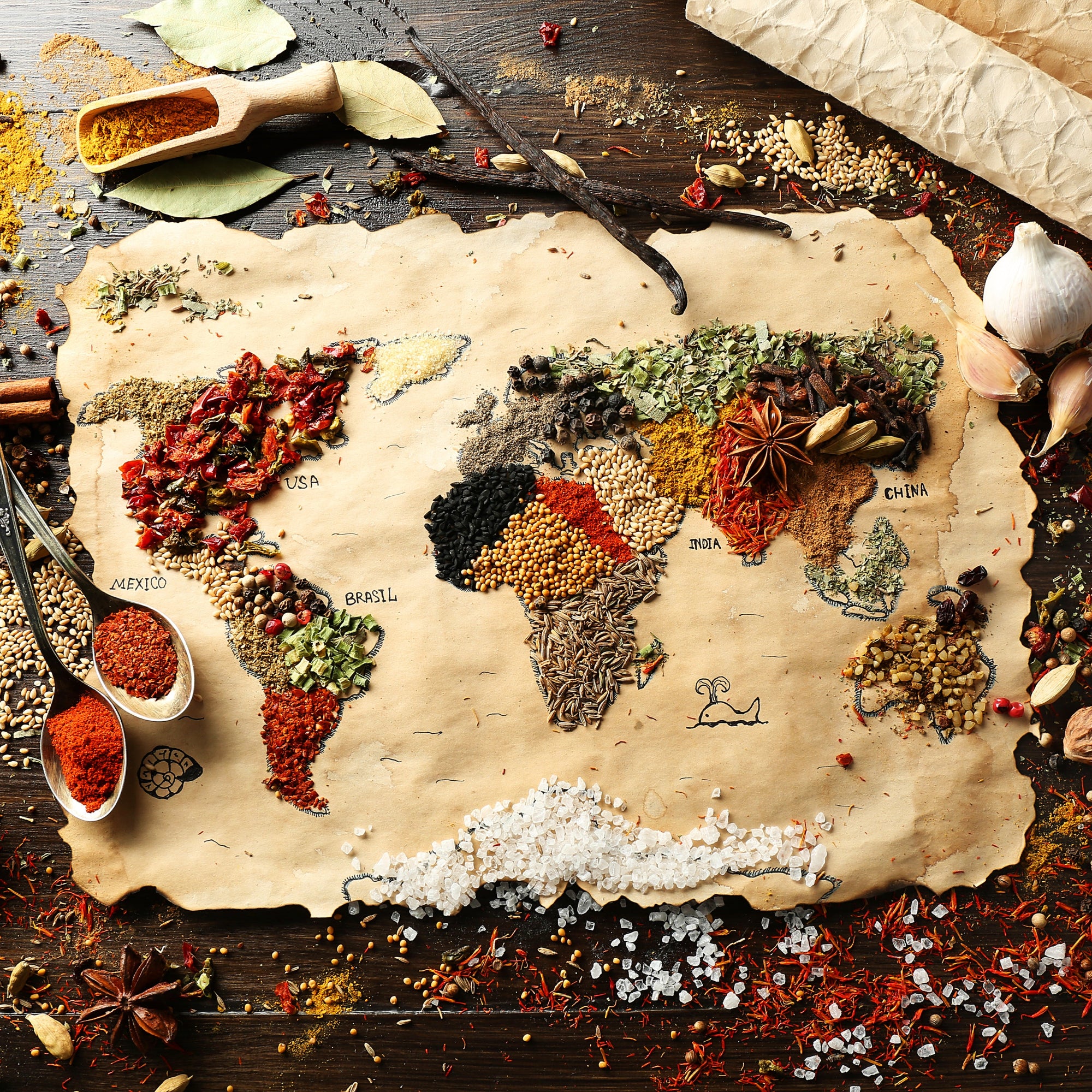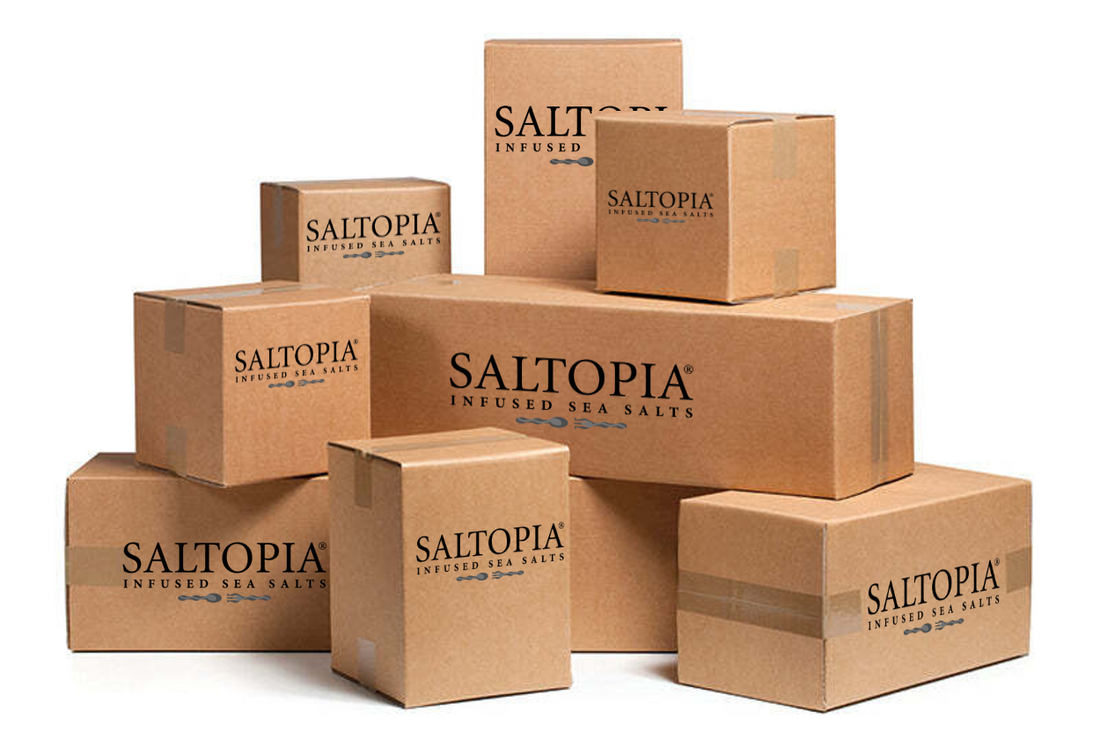

Explore Cuisines
Cooking by cuisine involves mastering ingredients, and flavor profiles characteristic of a particular culinary tradition, such as Italian, Chinese, or Indian cuisine. To start cooking by cuisine, you can choose a cuisine that interests you and explore its foundational recipes, focus on learning a specific skill like making pasta or a curry, or study the core ingredients and flavor profiles to build your recipes. Keep in mind many flavor profiles will overlap different cuisines such as garlic. SALTOPIA's flavor profiles have been selected to share the best experience while creating recipes by different cuisine types.
Shop SALTOPIA's Products By Cuisine Type
Chicken Thighs

French Curry Chicken














